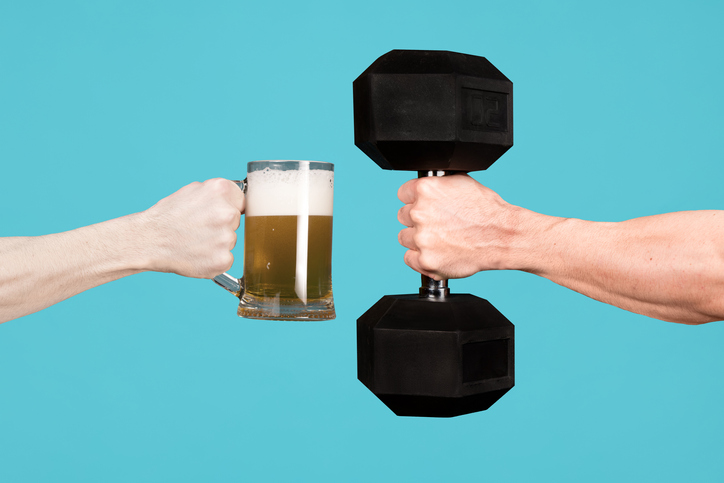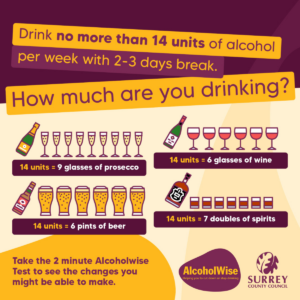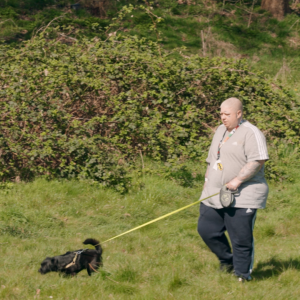For some, drinking can be part of socialising and celebrating. For many, that includes a pint or a glass of wine after exercise. There’s a few ways that drinking can curb our progress though, and even undo our efforts.
- Drinking alcohol increases our energy intake—providing 7 cals per gram before any mixers—without any extra nutrients. Worse still, the body wants to eliminate alcohol in its system and burns it as fuel above all else. This pushes other calories to the back of the queue which slows down fat loss—even the strongest of bodies won’t look defined if muscles are covered by excess fat.
- Late-night trip to the kebab shop on the way home from the pub sound familiar? We’ve all been there. That’s because alcohol lowers our inhibitions and stimulates the appetite which often results in unwise choices.
- Alcohol interferes with muscle growth. It does this by affecting the production and release of hormones and enzymes needed for repair and growth like human growth hormone and testosterone. Heavy drinking can elevate oestrogen levels which can result in erectile dysfunction and an increased risk of prostate and breast cancer.
- It causes dehydration, an issue for a number of reasons:
- Protein synthesis—when protein is made to fix muscle damage, resulting in growth—only works if there’s sufficient water in muscle cells.
- Lack of fluids can decrease blood flow to our muscles, resulting in a slower rate of recovery.
- It can actually increase the speed of muscle protein breakdown (MPB)—the opposite of protein synthesis.
Top tips to build muscle
- Eat regularly, eat well. Try to eat a varied, balanced diet and incorporate protein into each meal. High protein snacks include greek yoghurt, boiled eggs and sliced chicken.
- Devise a fitness plan. Following a plan will help keep you motivated and focused as well as giving you measurable goals that can highlight your progress. Balancing cardio, strength training, rest and active recovery is key. A fitness professional can tailor a guide to your unique circumstances, taking into account any health or lifestyle restrictions.
- Optimise workouts. There’s an optimum range for muscle building. Reps should be between 6-12 per set which means heavier weights, for less duration. Strength workouts should last less than 45 minutes.
- Stretch. When we do intense exercise, we damage muscle tissue. This is something we want to happen because when it grows and repairs, it strengthens. Stretching is an important part of muscle recovery.
- Sleep. Often overlooked by people who want to make changes to their physique, sleep is vital for rest and repair. It’s a time that hormones are released to aid the recovery and growth process that leads to change. Aim for 7-9 hours per night to get sufficient rest.
As with most things in life, consuming alcohol in moderation on the odd occasion won’t cause much harm. Current UK guidelines suggest men and women should drink less than 14 units per week to avoid serious health implications. Yet, drinking regularly will affect your exercise gains and your waistline. So, if you’re committed to cultivating muscles, consider switching your drinks to experience maximum benefit.




